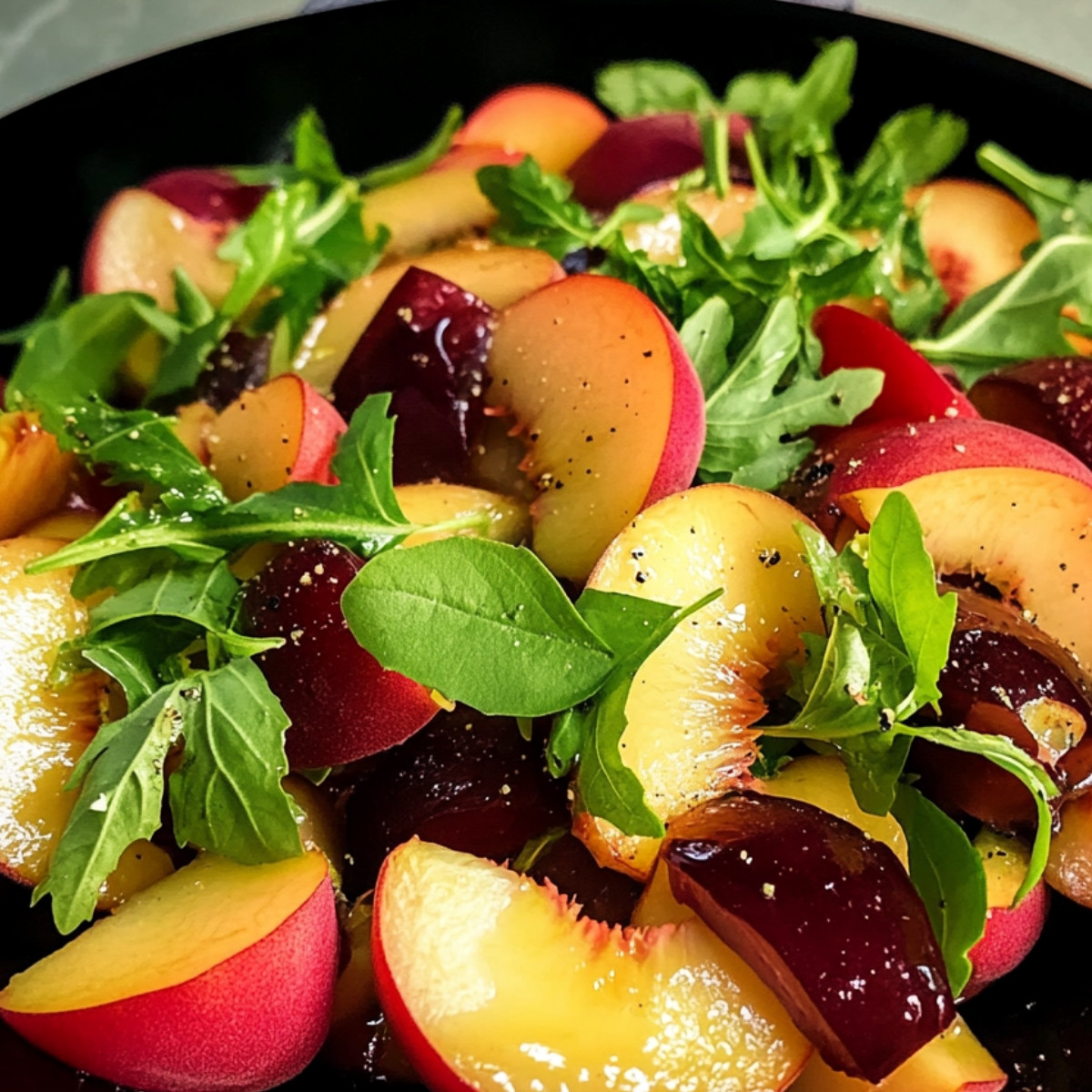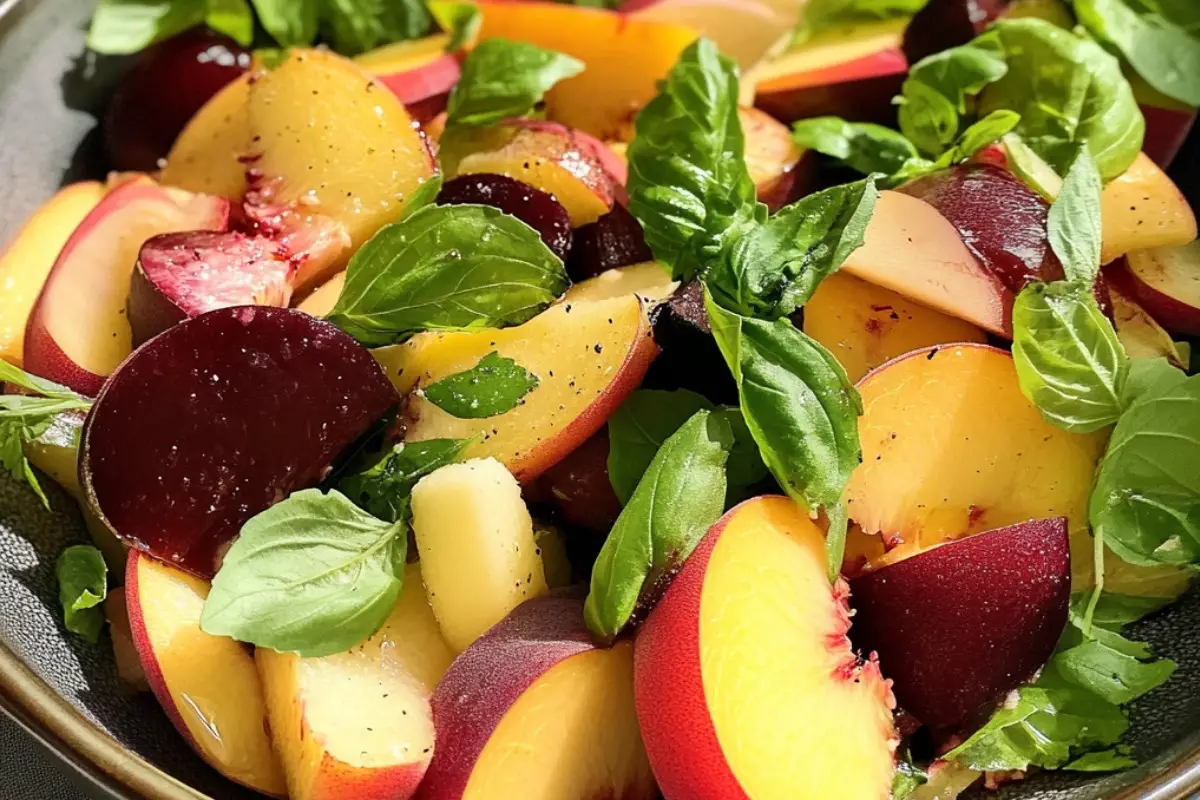Cook techniques
Grilling
Grilling involves cooking food over direct heat, typically from charcoal or gas. This method gives a smoky flavor and is ideal for meats, vegetables, and fruits.
Roasting
Roasting is cooking food evenly in an oven, usually at high temperatures. It caramelizes the surface, adding depth to the flavor, particularly for meats and vegetables.
Steaming
Steaming is a healthy cooking method that involves using steam to cook food, preserving its nutrients and flavor. It works well for vegetables, fish, and even dumplings.
Poaching
Poaching gently cooks food in simmering liquid. This technique is perfect for eggs, fish, and fruit, allowing for delicate flavors without added fat.
Sautéing
Sautéing involves cooking food quickly in a small amount of fat over high heat. It’s a great way to enhance flavors and is commonly used for vegetables, meats, and sauces.
Baking
Baking uses dry heat in an oven to cook food, often associated with pastries and breads. It’s a versatile method that can also be used for casseroles and roasted dishes.
Frying
Frying cooks food in hot oil, resulting in a crispy texture. This technique can be deep frying, pan frying, or shallow frying, suitable for meats, potatoes, and dough.
Blanching
Blanching involves briefly boiling food and then plunging it into ice water. This technique helps preserve color and texture, making it ideal for vegetables.
FAQ
What is the best cooking method for preserving nutrients?
Steaming is often considered the best method for preserving nutrients as it minimizes exposure to water and heat.
Can I use the same technique for different types of meat?
While you can use a similar technique, cooking times and temperatures may vary between different meats to achieve the best results.
How do I know when my grilled food is done?
Using a meat thermometer is the most reliable way to check doneness, ensuring food reaches appropriate internal temperatures.
What’s the difference between sautéing and frying?
Sautéing uses a smaller amount of fat and typically cooks food at higher temperatures for a shorter time, while frying uses more oil and may cook for longer.
Why should I let meats rest after cooking?
Resting allows juices to redistribute throughout the meat, resulting in a more tender and flavorful dish.
Conclusion
Utilizing a variety of cooking techniques can enhance your culinary skills and improve your dishes’ flavors and textures.
More recipes suggestions and combination
Grilled Vegetable Salad
Roasted Chicken with Herbs
Steamed Salmon with Lemon
Poached Pears in Red Wine
Sautéed Garlic Spinach
Baked Zucchini Fritters
Fried Chicken Tenders
Blanched Green Beans with Almonds


